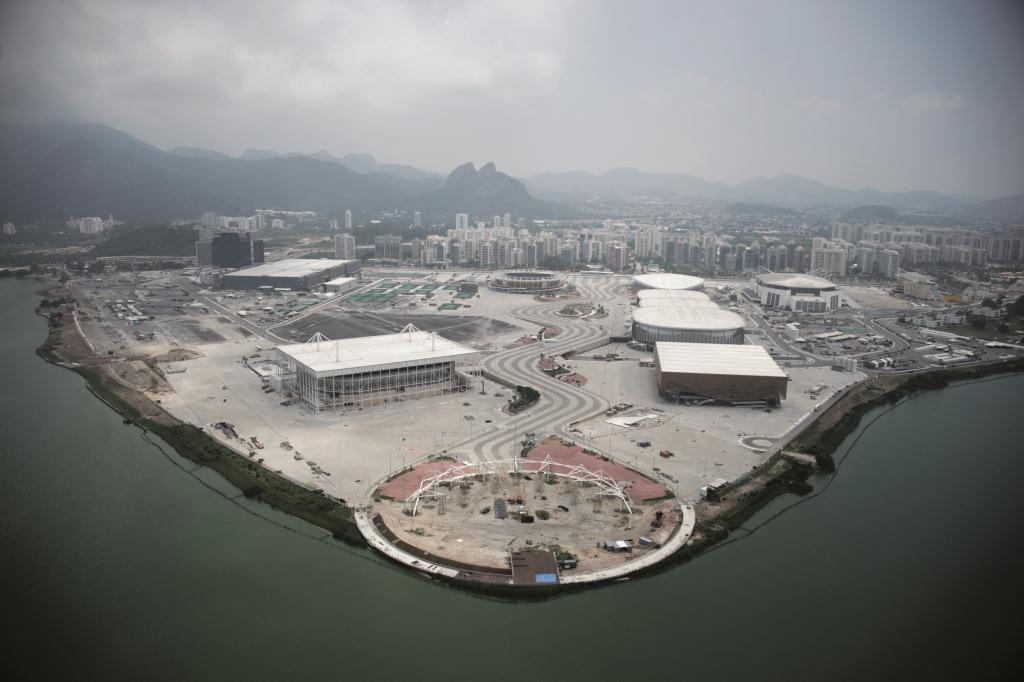For 17 days, Rio de Janeiro will be the home to more than 10,000 athletes competing in the first Olympic Games on South American soil. It will also be the home of scores of African athletes, across 42 sports, hoping to claim one of 4,924 medals up for grabs.
Rio marks the second Olympics where social media will play a key role; London 2012 brought in 10 million tweets a day and was named the first social media Olympics. The International Olympic Committee expects of 3.6 billion viewers, of which 3 billion will be watching from their smartphones.
On this new technology will be one of the oldest sports. Golf will be returning after a 112-year absence. Another comeback sport will be rugby Sevens; the 15-man version of the game was last featured in Paris 1924, when the United States won gold.
With the beautiful sport comes the ugly – the finances. Brazil is suffering its worst recession in decades with inflation of 11%, reports Reuters. Protestors criticize the $9.6 billion price tag – which may rise even higher – two years after forking out $15 billion on the 2014 Fifa World Cup.
Olympic hosts have a long track record of breaking their budgets by an average of 176%, says a report by University of Oxford in 2012. This means Brazil could be looking at bill of $17 billion. The last Olympics in London cost an estimated $12.7 billion but the world’s most expensive Games was the 2014 Winter Olympics in Sochi, which cost $51 billion.
Loading...
Among the Africans competing for gold, at the cost of billions, is 22-year-old Nigerian woman freestyle wrestler Odunayo Adekuoroye. You’ll find her story on page 20.
FORBES AFRICA also looks at the grace and controversy of Kenya’s runners.
Get the inside story of our FORBES AFRICA columnist, Kirsty Coventry, who is in Rio. We’ve also got the fastest man in 400 meters and an old man of the sea who saw his Olympic dreams die and come back to life. We look to the future African hopeful, William Mokgopo, who plans on biking his way to the top at Tokyo 2020.
Loading...
